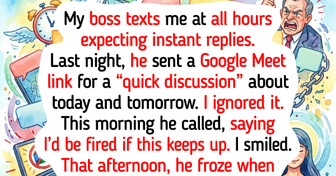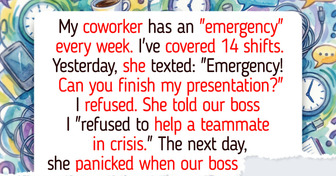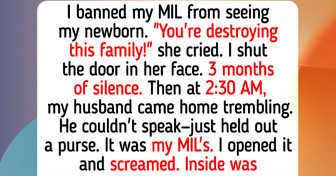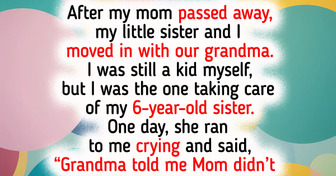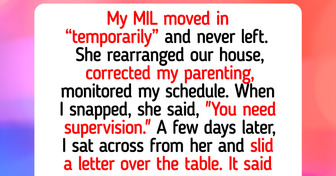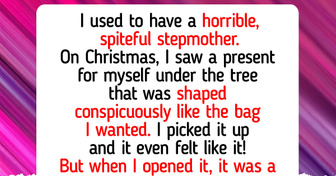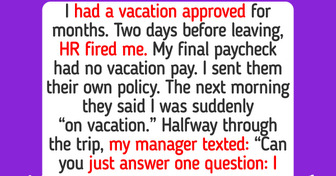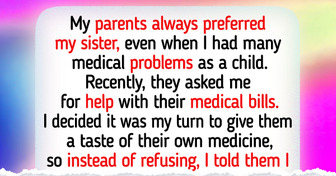I Refused to Train My New Colleague for Free, I’m Not a Charity
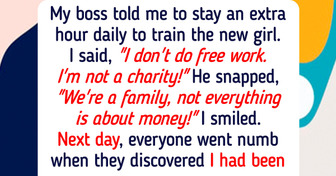
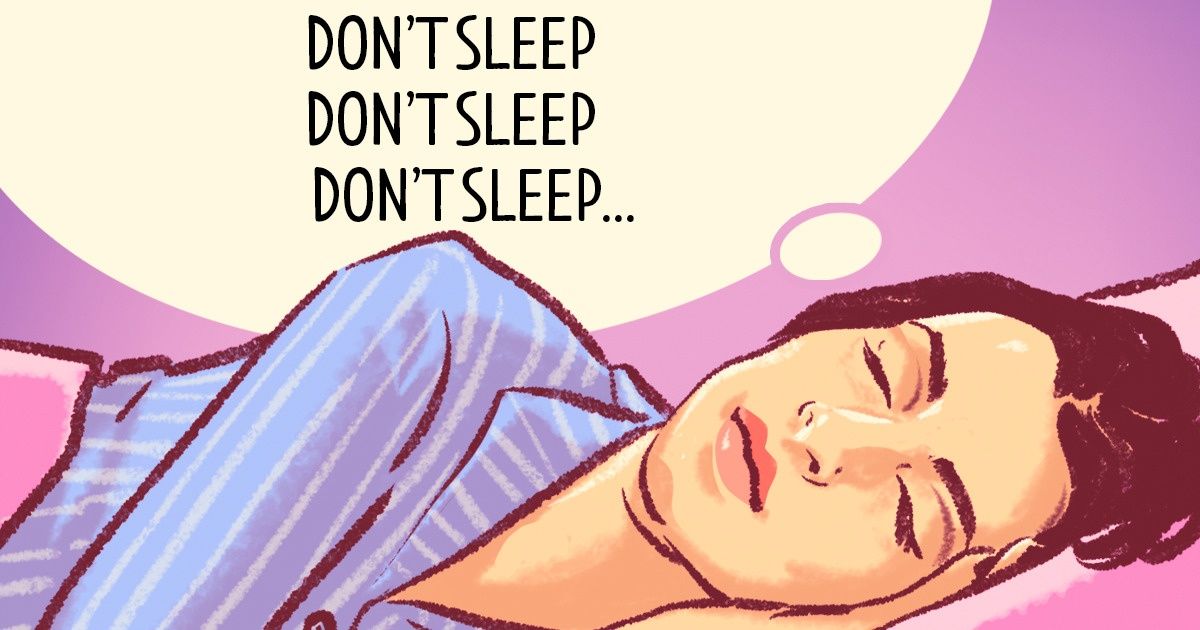
If you’ve ever spent pointless hours trying to get to sleep, chances are you’ve been part of the 30% of the population has dealt with secondary insomnia. The good news is that next time you can fix it in seconds. This type of insomnia is usually the effect of anxiety which keeps you up thinking about things that worry you and making it difficult to relax and fall asleep. As long as you can manage to relax, you’ll be able to fall asleep in no time.
Bright Side has prepared a list of the fastest methods you can use to relax and fall asleep, so that next time, falling asleep is the least of your worries. And, don’t miss the bonus at the end of our article for a good night’s sleep!
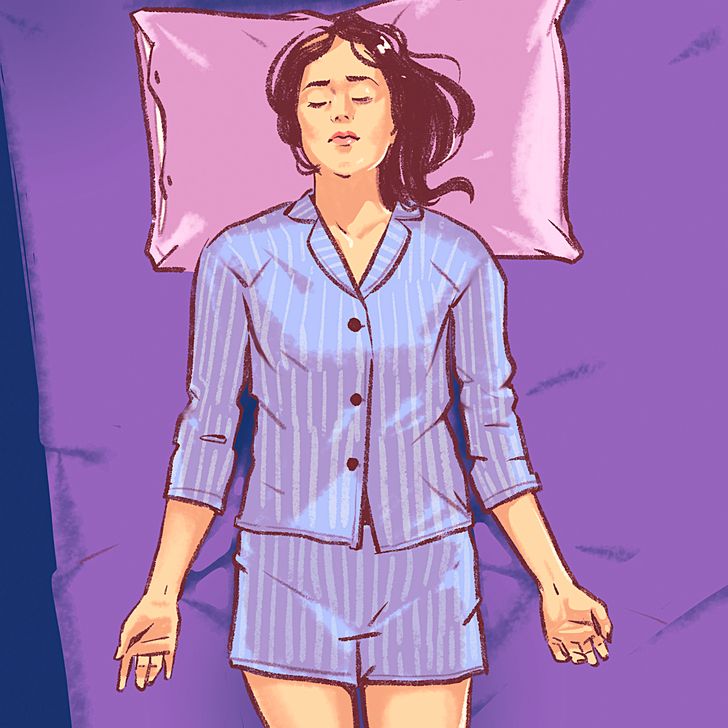
Unless a psychologist or magician hypnotizes you, it’s impossible to lay on your bed and fall asleep that fast, but we promise that the last 10 seconds of this proven method is all it takes to do the trick. Try it consistently and, with practice, you’ll be convinced:
The whole exercise usually takes no more than 120 seconds, but it’s said that the last 10 seconds are the key to falling asleep.
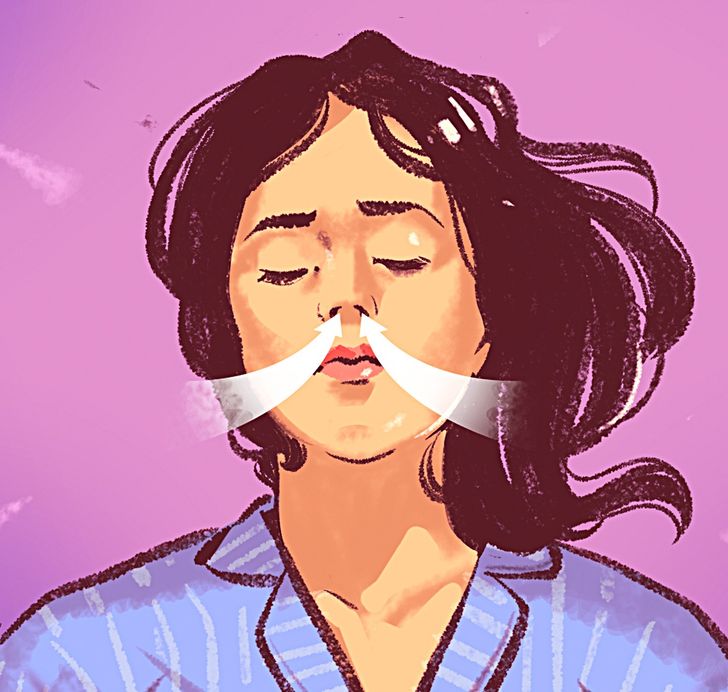
This technique is a breathing exercise designed by Dr. Andrew Weil. This method was developed according to an early yogic pranayama (breathing technique), which helps people control their breathing and reactions.
If you practice this exercise every day, it will help you relax in no time — making it easier for you to fall asleep, even in only 60 seconds. Here’s how to do it:
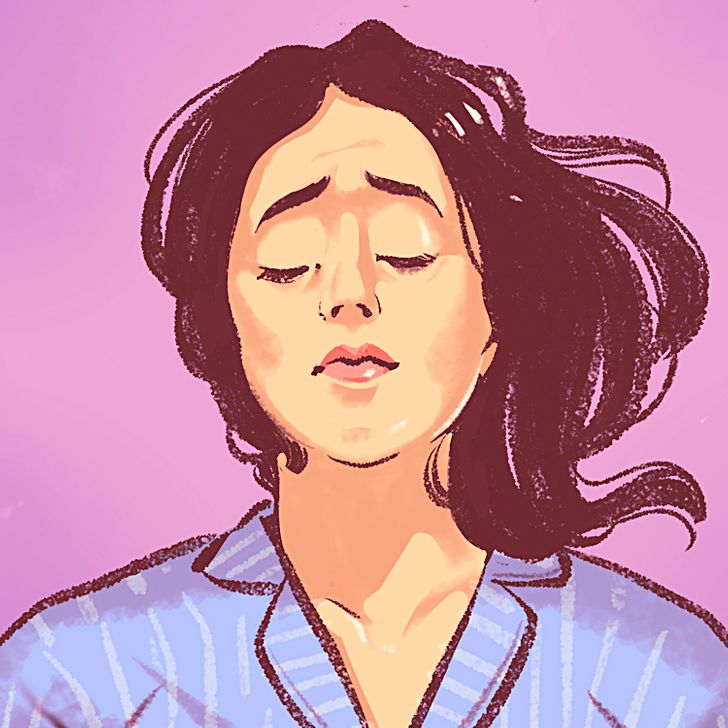
Some people also call it deep muscle relaxation, but the benefits are the same: you fall asleep quickly. It consists of repeatedly tensing and relaxing the muscles. The technique was developed by Edmund Jacobson in the 1930s. He believed that physical relaxation leads to a calm mind. Let us guide you.
Repeat this tightening-relaxing technique with the rest of your body until even your toes are relaxed, that is, if you’re not already asleep yet!
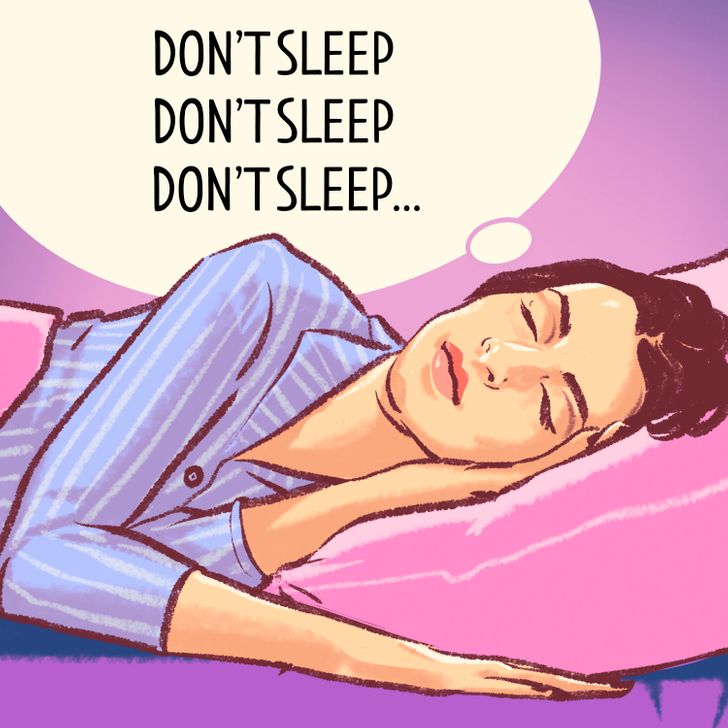
It’s called Paradoxical Intention for Insomnia, in plain English, reverse psychology for the exhausted who can’t sleep. This method advises you to continually think and order yourself to stay awake. This reduces the anxiety produced by insomnia and the frustration of staying awake, helping you to fall asleep faster.
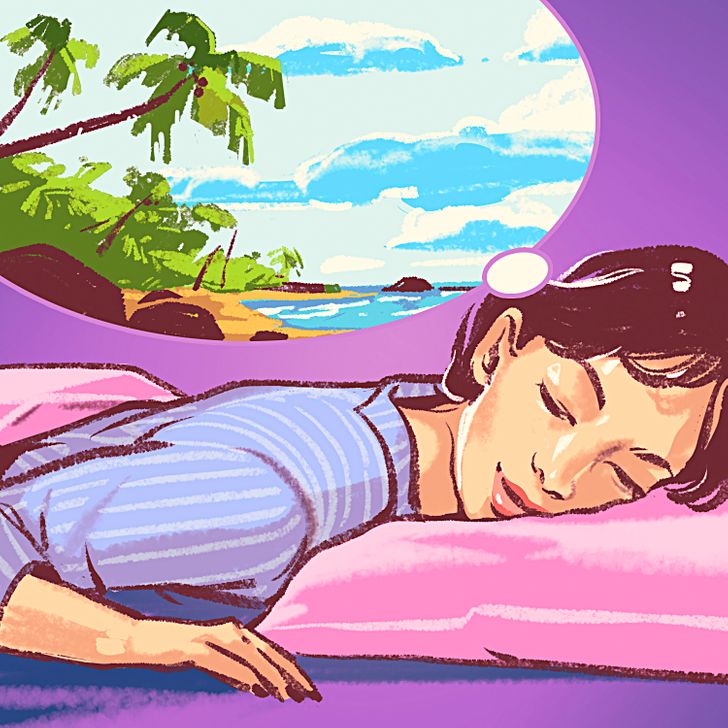
A common reason for having trouble sleeping is anxiety. According to research, picturing a peaceful and happy environment can distract you from your thoughts and concerns, helping you relax, and fall asleep in just a couple of minutes.
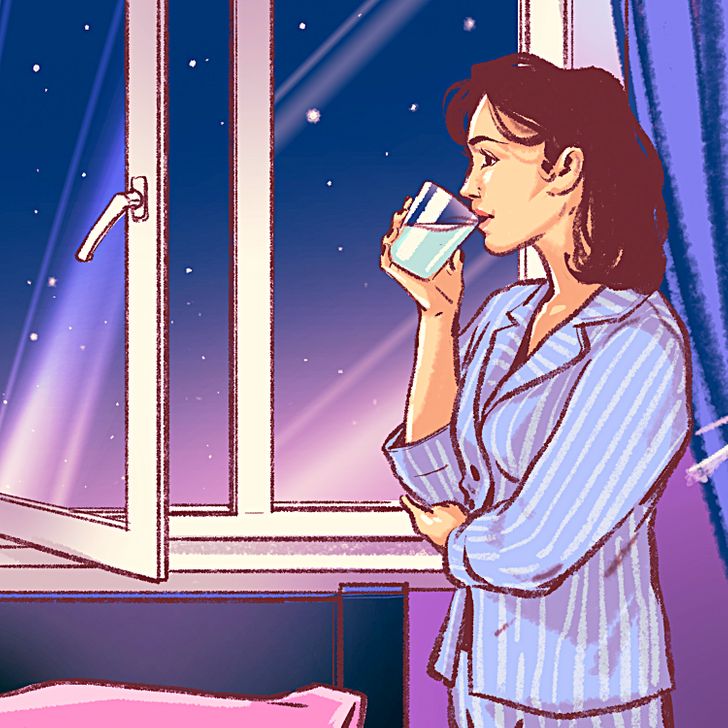
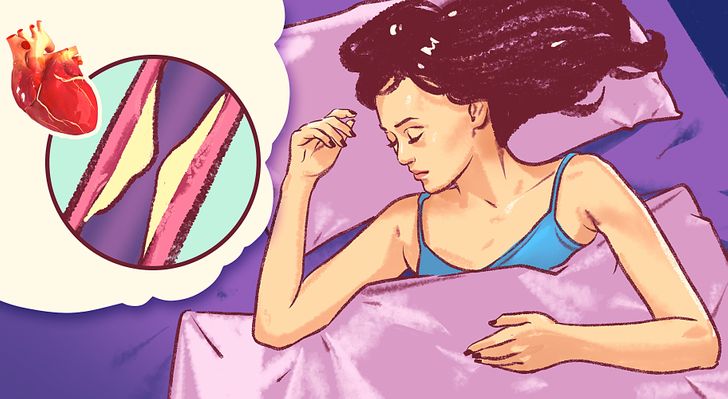
Sleep deprivation can lead to numerous problems, like the risk of developing diabetes, high blood pressure, and even coronary heart disease, where your arteries retain fat and restrict blood circulation, as shown in the picture above. This is why making sure you sleep fast and well is a good habit. Here are some tips to help you fall asleep faster and better:
Which one will you be trying tonight? Share it with us in the comments below!

